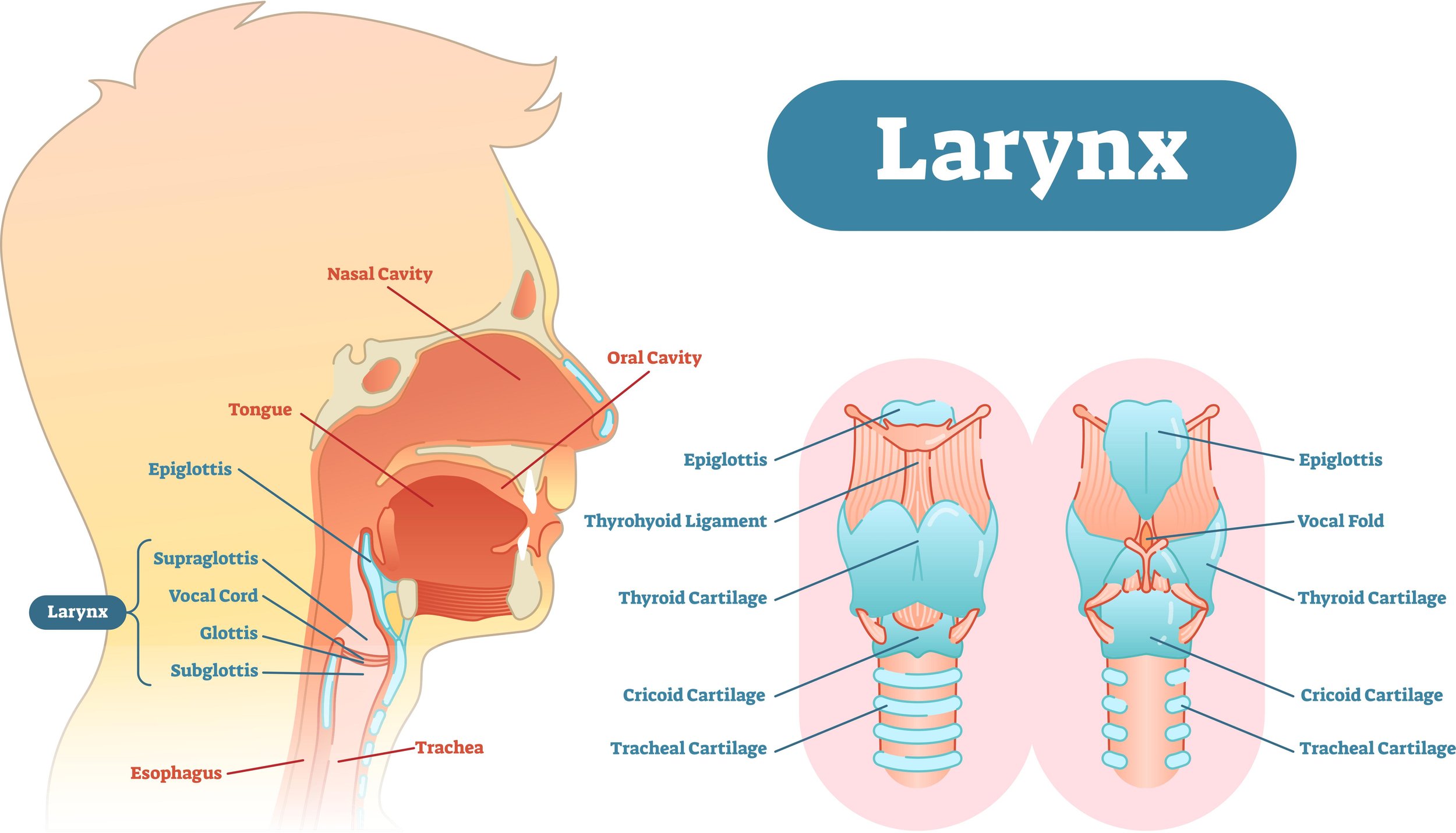Trans Voice: 5 Vocal Health Tips for Voice Feminization
As you work on feminizing your voice, your vocal health can’t be overlooked. With all the time and energy that you’ve spent on finding your authentic voice, keeping your voice healthy can mean the difference between a long lasting change and vocal injury.
Check out 5 vocal health tips for voice feminization below!
Vocal Hydration
I’m sure you’ve heard that drinking water is good for your voice. So, why is that?
As we exhale, air passes through our vocal folds and they vibrate over 100 times per second, depending on the pitch. For lower pitches, the vocal folds collide fewer times per second, and for higher pitches, they collide more.
If you’re feminizing your voice, you’re probably working toward a higher speaking range, where the vocal folds will be colliding more times per second, so keeping hydrated is very important.
If we are dehydrated, the mucus around our vocal folds will be thicker, and it will be more difficult to make a sound. That means it will be harder to reach higher pitches, so you might get in the habit of pushing more, which can lead to vocal fatigue, or a greater chance of vocal injury. But by staying hydrated, the mucus thins out, which lessens the amount of effort it takes to create a sound.
It can take up to 4 hours for your vocal folds to feel the benefit of drinking water. I’m sure you have a bottle of water or hot tea while you’re practicing, but unfortunately, you aren’t getting the hydration benefits during your practice session. So drinking water is something that you have to be thinking about all day, every day, not just in the moments that you’re practicing.
Room temperature water is the best way to hydrate, but I also like to drink herbal tea, like ginger or chamomile. Caffeinated coffee and teas are diuretics, which can lead to dehydration, so it’s good to moderate those or make sure to counteract each cup with a glass of water.
No definitive studies have shown that caffeine has an adverse effect on the voice, but I notice that when I drink less caffeine, I’m much more likely to drink more water and herbal teas, which makes my voice feel better.
Many people recommend drinking half your body weight in oz of water each day. So if you weigh 150 pounds, you could think about drinking about 75 oz of water.
Hydration can also come from fruits and vegetables, like melons, peppers, cucumbers, and tomatoes, among many others. It’s a great excuse to eat less processed foods, and more whole foods.
Learn more about the science of vocal hydration here.
Environment
Your environment can greatly impact your voice.
Every Winter, when the heater comes on, it has a drying effect. If you live in a dry climate, or take a lot of flights, you might feel like your voice is a little scratchy or uncomfortable. So, to counteract that, you can use a humidifier or consider a facial steamer to get back some of that hydration.
It’s also important to consider how loud your environment is. If you work in a crowded bar, or you like to go hear live music, you might be pushing your voice to be heard in a way that isn’t healthy. So, when you’re in that environment, you can try to get closer to the person you’re talking to and be careful with your volume.
Smoking, or being in a smoky environment, can irritate the vocal folds and can lead to inflammation. So if you’re a smoker, it’s time to quit.
Nutrition for Vocal Health
The foods you eat can have an effect on your voice.
Everyone’s body is a little different, so it’s important to pay attention to how different foods affect you. If you struggle with acid reflux like I do, fried foods, garlic, citrus, spicy foods, chocolate, as well as coffee can trigger an episode.
Long term, acid reflux can be very damaging to the voice. But luckily, there are medications that you can take and changes to your diet that can ease your symptoms.
Alcohol can also cause acid reflux, can have a drying effect on your vocal folds, and can cause you to speak more loudly or use your voice in a more reckless way if you have a few too many.
Learn more here.
Good Warm Up Habits
Good warmup habits are super important for the health of your voice.
You wouldn’t run a marathon without training for months, so you can’t expect your voice to transition in a healthy way without a daily warm up routine. I recommend picking a time that you can stick to each day so you can make it a habit.
I love using a straw for warm ups, it’s a super gentle way to get the voice going at the beginning of the day. Check out my video on straw phonation and follow along!
Vocal Rest
Resting your voice is just as important as getting your daily practice in.
Notice if your voice is feeling tired, and give it a break! That might mean having to skip some social activities on occasion, or maybe changing the location of a night out to a quieter space. The more you get to know your voice, the more aware you’ll become of when you need rest.
So these are the 5 most important ways to take care of your vocal health as you transition your voice. By keeping your voice healthy, you’ll be able to use your authentic voice for a long, long time!
Ready to get started? Book your first trans voice lesson below!





















